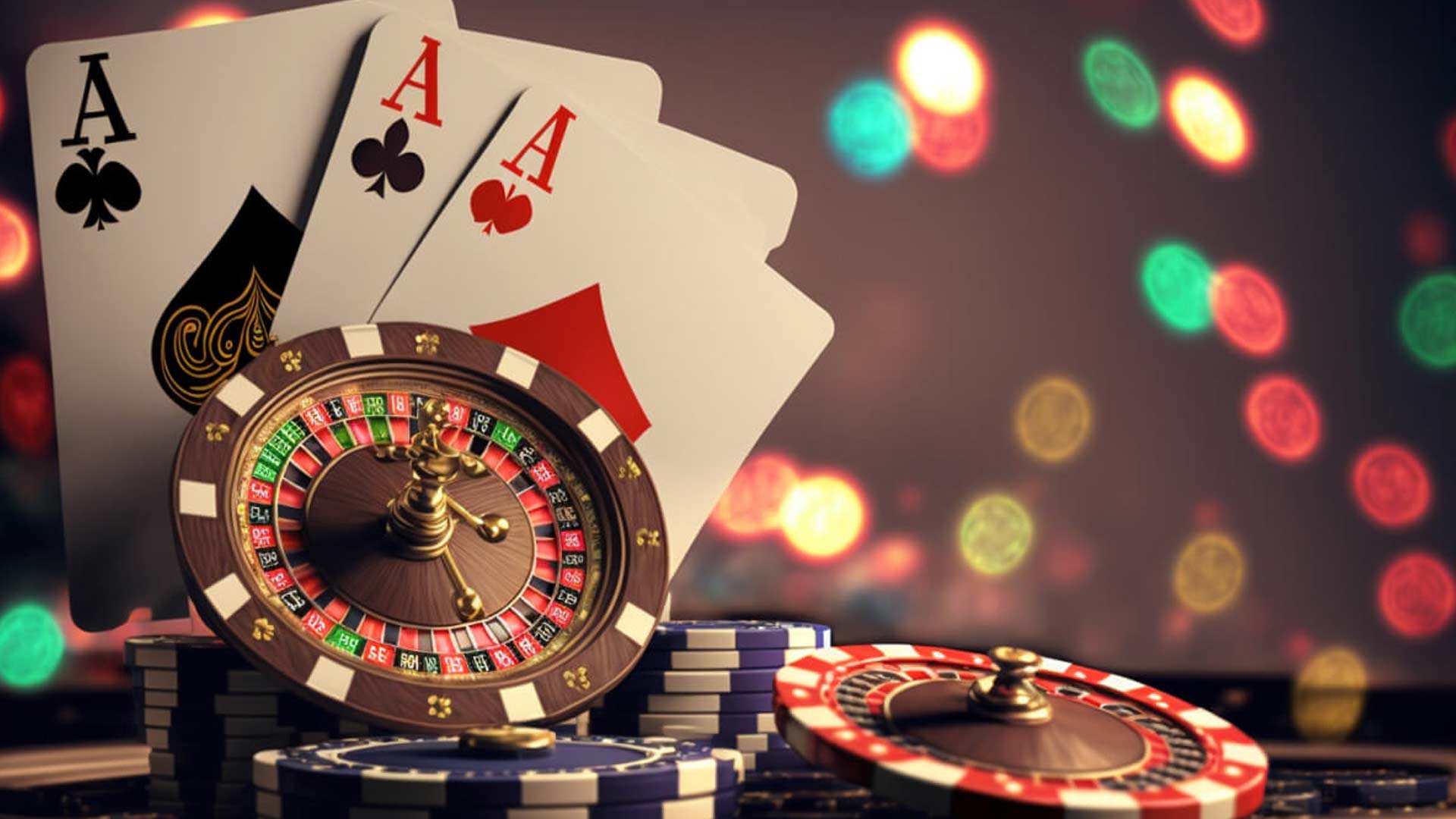Casinos and the Spiritual Chase for Luck

Casinos and the Spiritual Chase for Luck
The moment you step into a casino, you are enveloped by a world meticulously designed to suspend reality. The cacophony of ringing bells, the endless rows of flashing lights, and the absence of clocks create a timeless space where hope and chance collide. But beyond the calculated odds and the business of entertainment lies a deeper, more primal human endeavor: the spiritual chase for luck. This pursuit is not merely about money; it's a quest for validation from the universe, a sign of favor from an unseen force we call Lady Luck.
The Psychology Behind the Pursuit of Lady Luck
At its core, the allure of the casino is rooted in profound gambling psychology. Humans are hardwired to seek patterns and find meaning in chaos. When faced with the randomness of a spinning roulette wheel or a shuffled deck of cards, our brains instinctively try to impose order. This creates the "illusion of control," a cognitive bias where individuals believe they can influence outcomes that are, in fact, purely random. This belief transforms gambling from a simple game of chance into a personal test of will, intuition, and cosmic favor.
The thrill of the chase is also a biological one. The anticipation of a potential win releases a surge of dopamine in the brain, the same neurotransmitter associated with pleasure and reward. This chemical rush is incredibly powerful, making the experience of gambling intensely compelling, regardless of the outcome. The "near miss"—seeing the slot machine symbols almost line up or the roulette ball land one pocket away—is psychologically just as potent as a win, reinforcing the belief that a big victory is just around the corner.
Rituals and Superstitions: Invoking Good Fortune
Nowhere is the spiritual chase for luck more evident than in the myriad rituals and superstitions practiced by gamblers. These are personal ceremonies designed to court good fortune and ward off bad luck. You'll see players blowing on dice before a throw, wearing a "lucky" piece of clothing, tapping the screen of a slot machine in a specific pattern, or refusing to sit at a "cold" table. These actions, while having no statistical impact on the game, serve a crucial psychological purpose.
These lucky charms and rituals provide a sense of agency in an environment dictated by pure chance. They are a way for players to feel they are actively participating in their destiny rather than being passive subjects of fate. This spiritual dimension elevates the act of gambling into a dialogue with luck itself—a personal plea for favor that adds a layer of profound personal meaning to every bet placed.
The Modern Temple: Online Casinos and Digital Luck
The chase for luck has seamlessly transitioned into the digital age. Online casinos have become the new temples of chance, accessible from anywhere at any time. The core psychological drivers remain the same, but the rituals have evolved. Instead of a lucky table, a player might have a favorite online slot game. Instead of a physical charm, they might have a specific routine for clicking the "spin" button.
The digital realm also introduces new ways for players to blend faith with logic. While luck is paramount, savvy players also look at tangible metrics to guide their spiritual quest. For instance, understanding the Return to Player (RTP) percentage can inform your choices. A higher rtp m88 slot, for example, theoretically offers a better long-term payout potential, blending the chase for luck with a touch of strategy. This fusion of data and hope is unique to the modern gambling experience, where players use all available tools to beckon fortune their way.
When Faith in Luck Meets the Reality of Chance
It's crucial to acknowledge that casinos, both physical and online, are built on a foundation of mathematics. The "house edge" is a statistical advantage that ensures profitability over the long run. Every game has a predetermined probability that is unswayed by lucky shirts or whispered prayers. In this context, the spiritual chase for luck is an intoxicating dance between human belief and mathematical certainty.
Yet, the statistics do not diminish the power of the experience. The possibility of the outlier event—the life-changing jackpot, the incredible winning streak—is what fuels the dream. It is in this slim margin of possibility that the entire spiritual drama of the casino unfolds. The player is not just betting against the house; they are betting on themselves, on their intuition, and on their personal connection to the fickle, yet ever-alluring, concept of luck.
In conclusion, the relationship between casinos and the spiritual chase for luck is a timeless one. It taps into a fundamental human desire to find meaning, exercise control, and seek favor from the universe. Whether through ancient superstitions or modern data analysis, the quest to win big is as much a spiritual journey as it is a financial one, making the casino a modern arena for one of humanity's oldest pursuits: the wooing of Lady Luck.